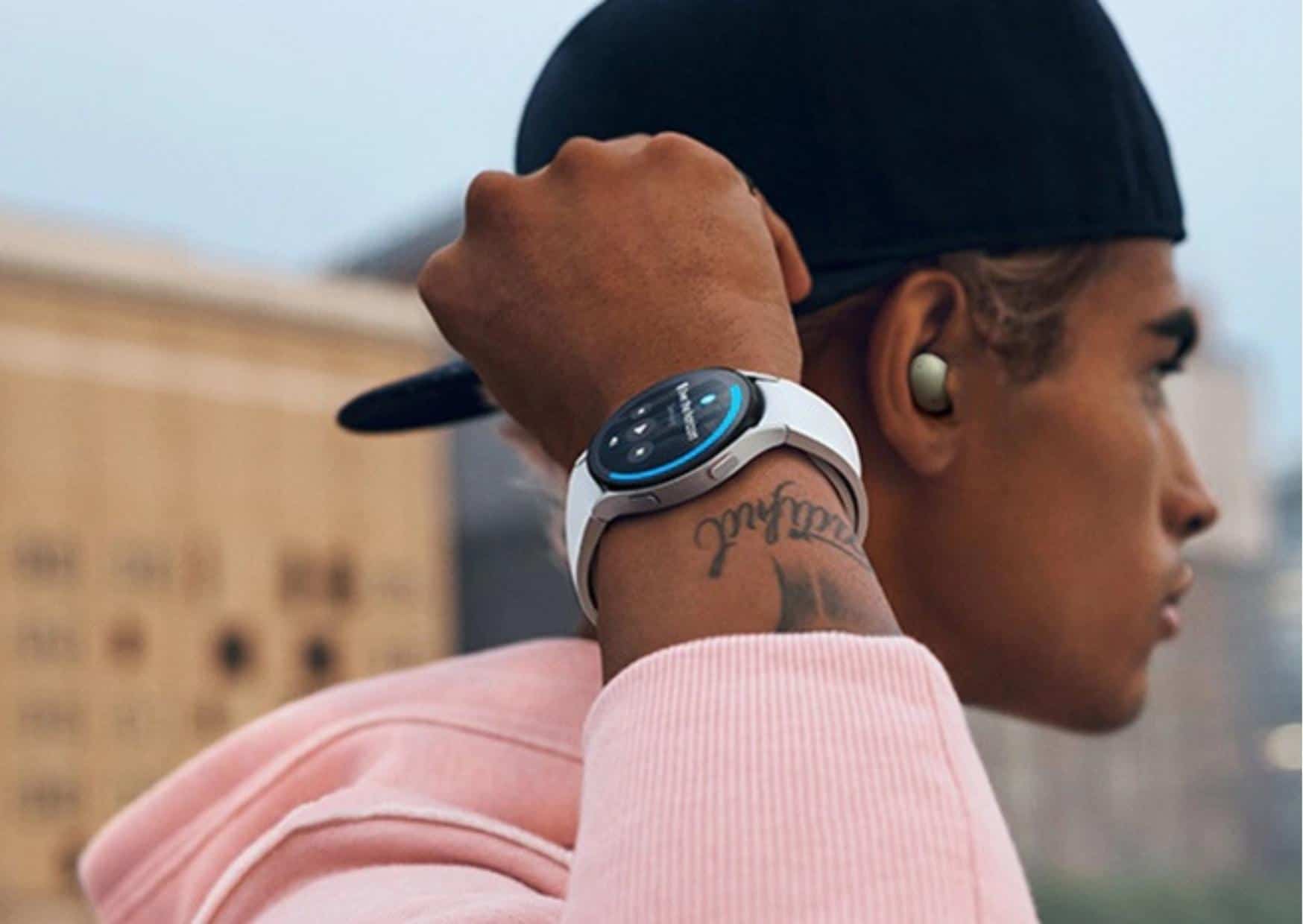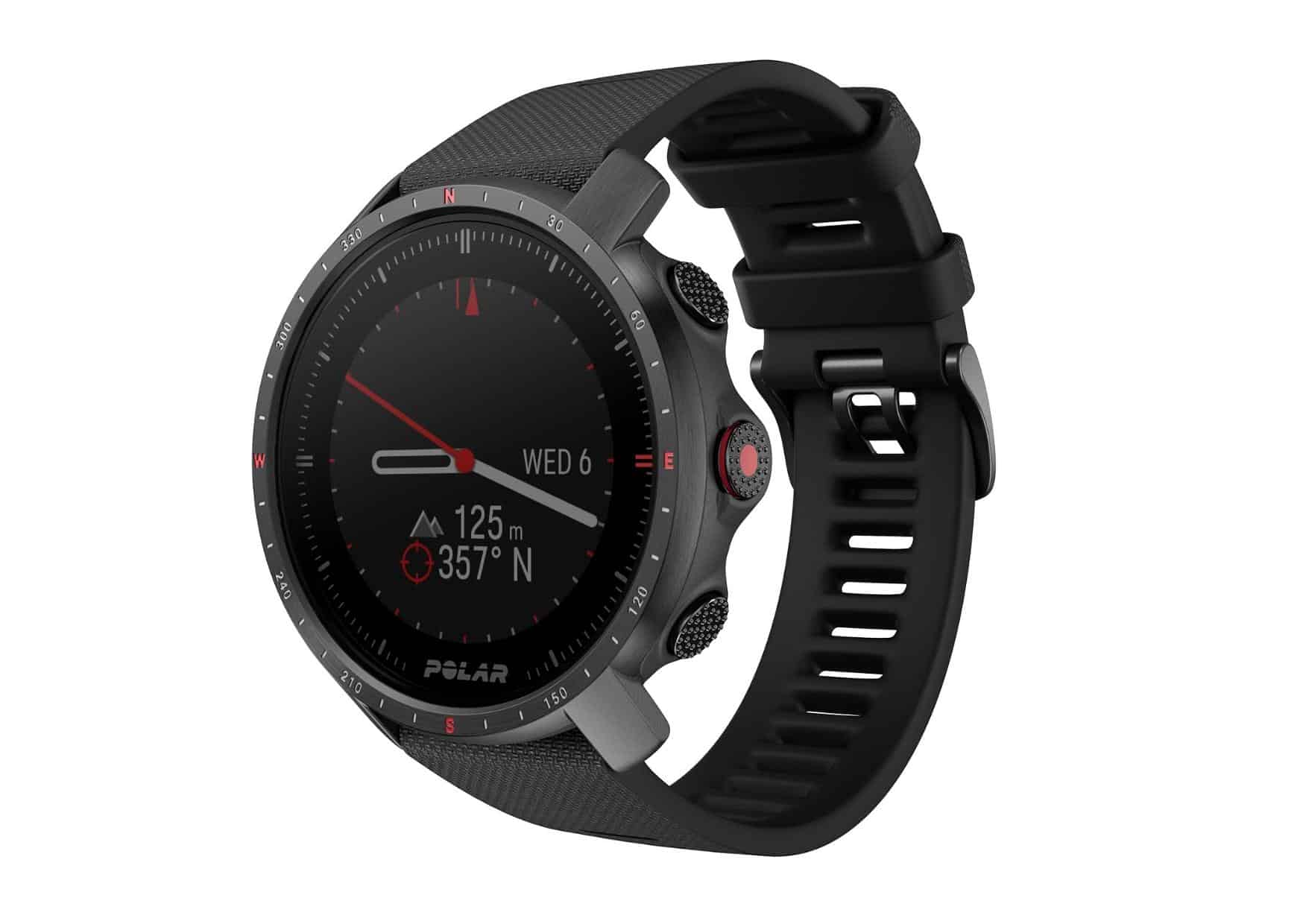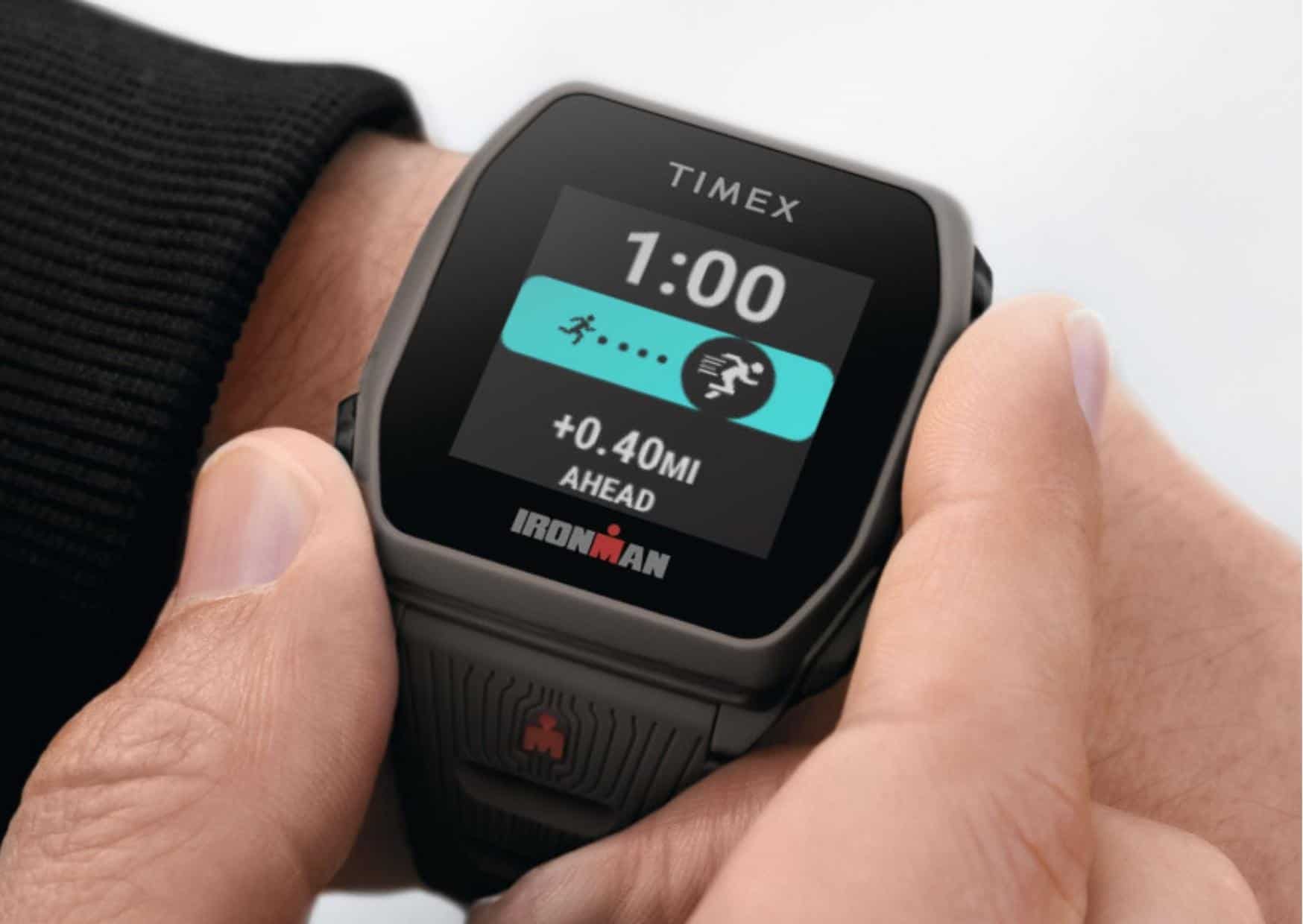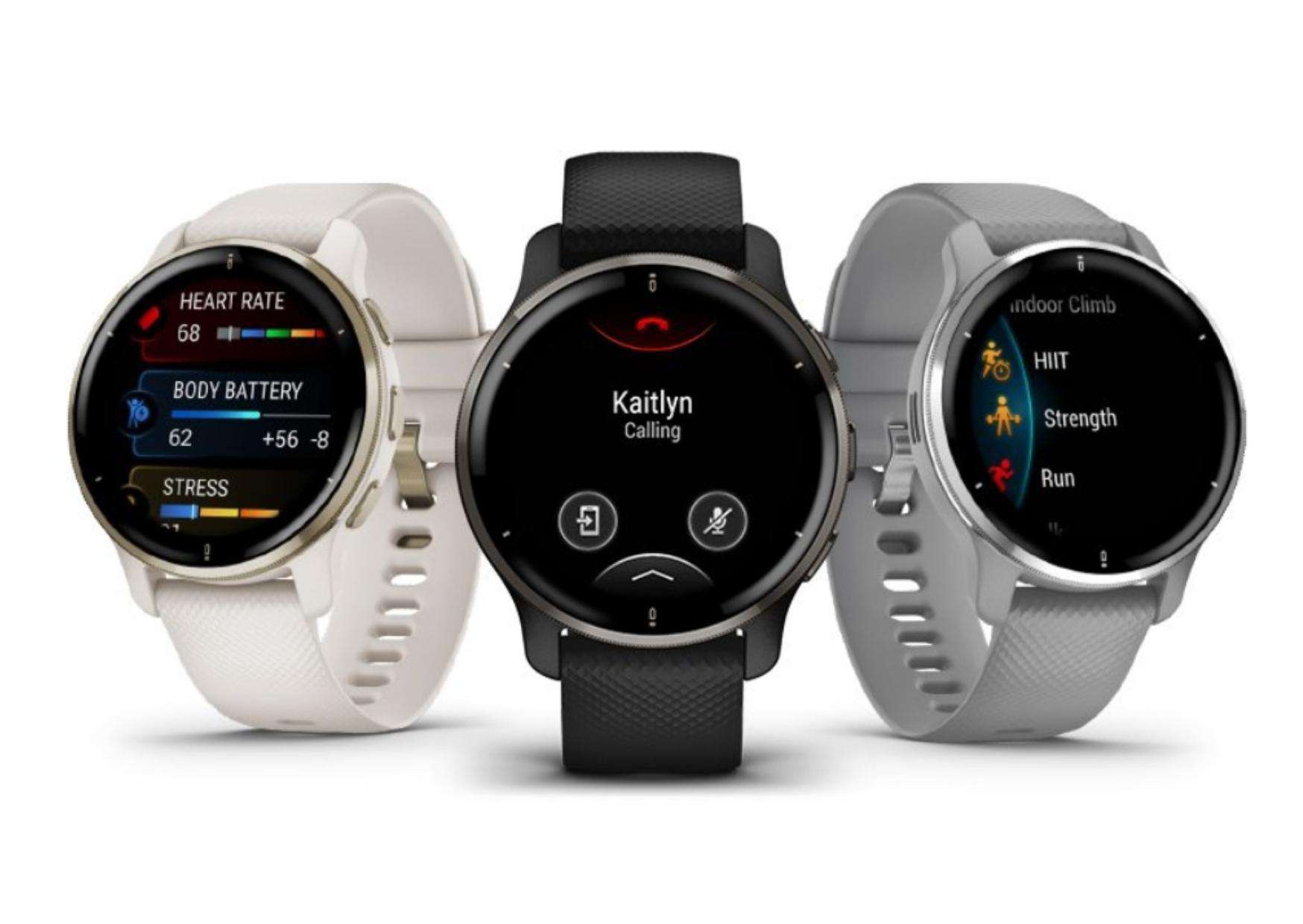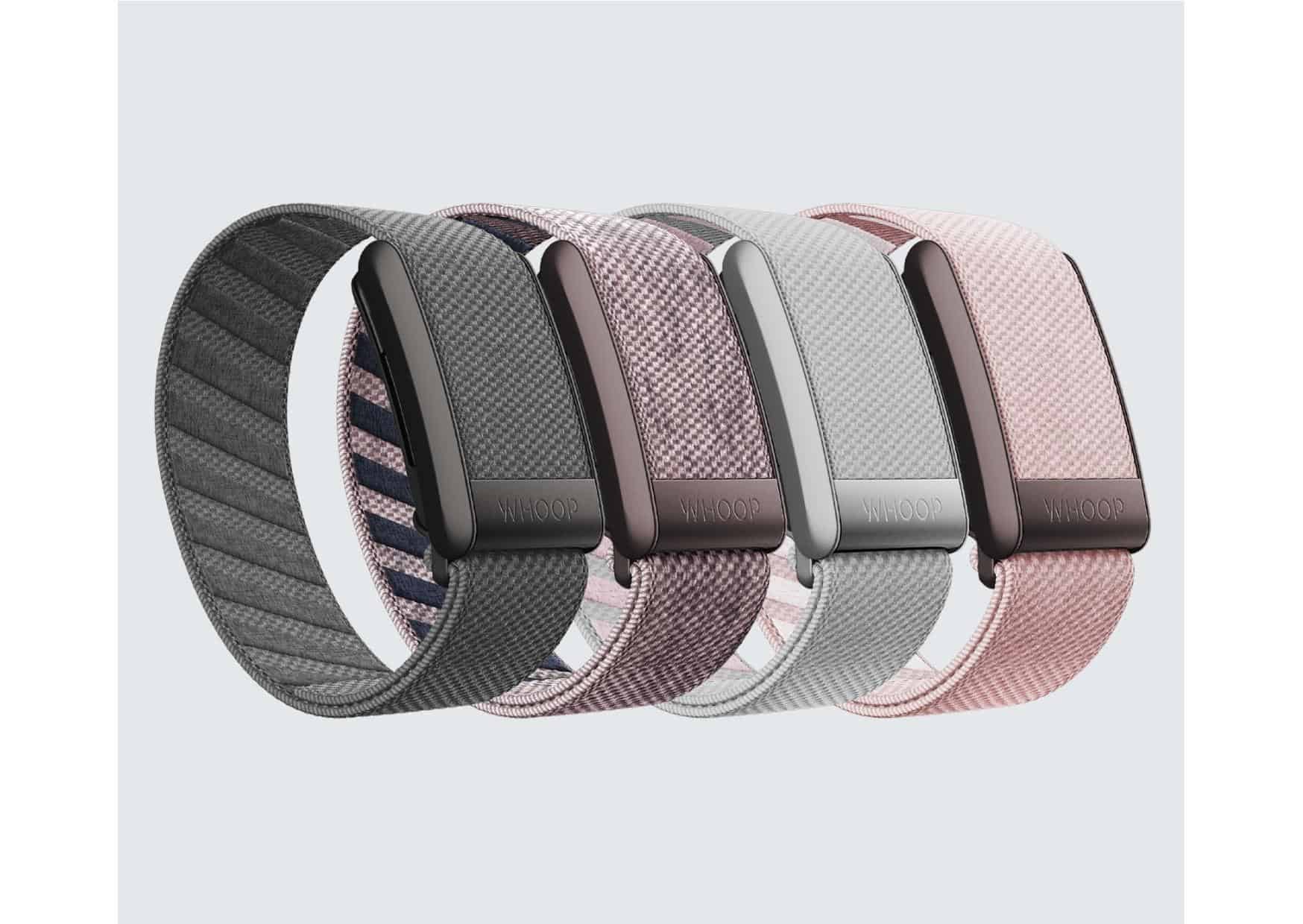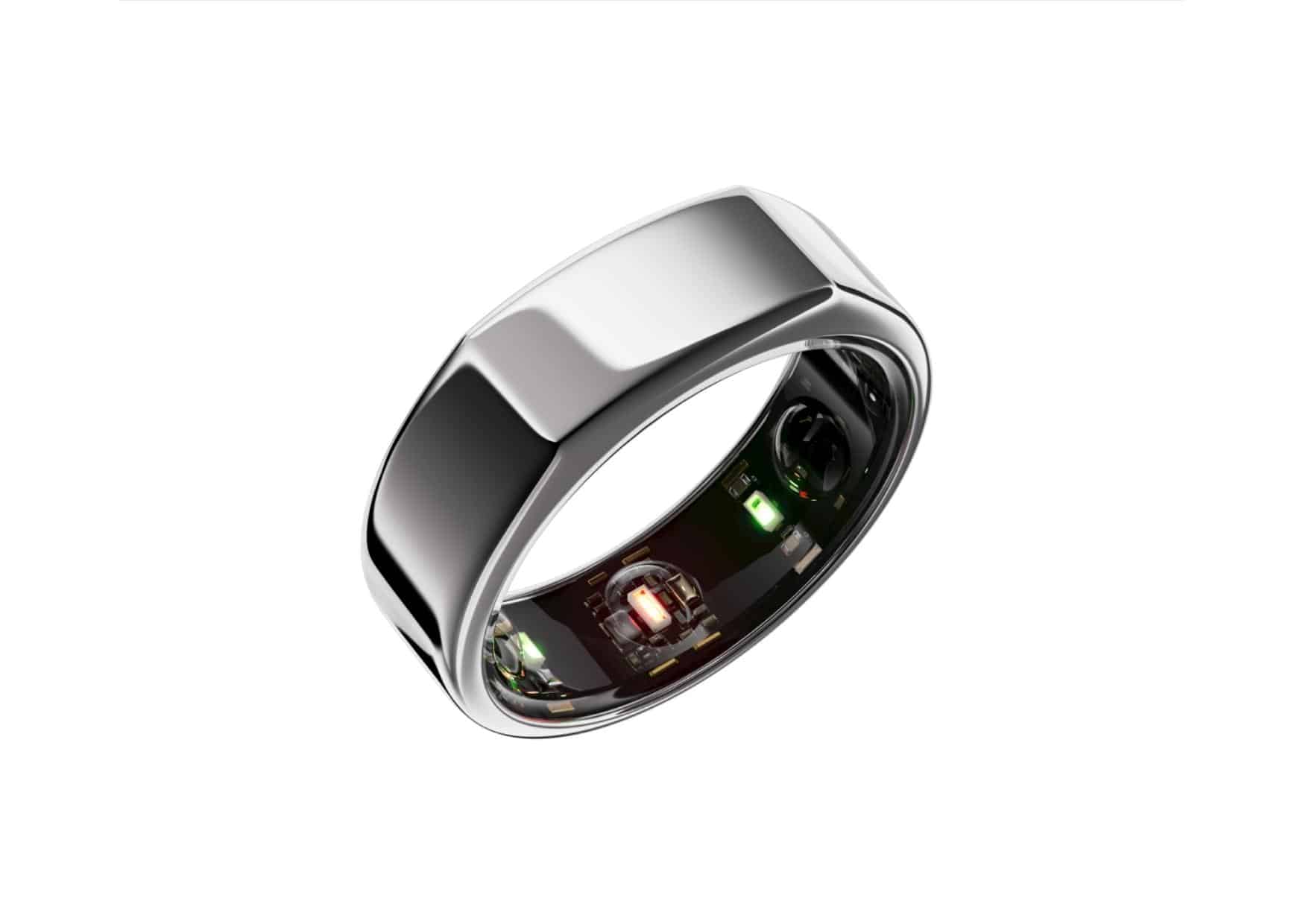Years ago, when I started my wellness journey and looked for the best fitness trackers, I was familiar with a few wearable step counters, aka the pedometer, Fitbit, Polar, and more recently, the Apple Watch. These wireless wearable “bracelets” offer high-tech fitness and health metrics at the press of a button.
I didn’t realize how many tracker brands there were, and I felt as overwhelmed as when I walked down the cereal aisle.
How do you decide which fitness tracker is right for you with so many to review? Below, I will share my experience and research to remove the confusion and overwhelm, and I hope it helps you decide.
It was also fun to discover that step counting originated in the early 1700s by a Horologist and inventor Abraham-Louis Perrelet. It was later suggested that Tomas Jefferson created the first mechanical pedometer.[1]
Fitness trackers—or wearable health devices as we know them today—later surfaced in 1965 by Dr. Yoshiro Hatano, a Japanese professor at the Kyushu University of Health and Welfare. His research offered a method to combat obesity and created the Mankoe-Kei pedometer, translated to “10,000 step meter.”
Fitness trackers and, more recently, smartwatches have come a long way. With multiple styles, features, and price ranges to select, it can be challenging to find the best choice. With so many options to choose from, which one is the best? And how do you decide?
Let’s briefly look at some of the most popular brands and the similarities and differences between a fitness tracker and a smartwatch. Let’s also look at the pros and cons of wearable trackers to see if they develop or hinder motivation.
Fitness Trackers vs. Smartwatches
There is quite a bit of overlap between the two, but the fitness tracker is the way to go if you want to keep things simple and focus solely on your fitness and daily activity. Both also offer an app experience to review several health statistics.
However, the smartwatch takes it up a notch by sending notifications and updates from your phone to your wrist. If you are looking for a detailed tech analysis, I will link the website to the brand.
Suppose simplicity and interest in reviewing the below top health metrics are the primary reasons for choosing a fitness tracker. In this case, selecting a wearable step counter and affordable fitness wristband is the way to go—no need to get caught up in data analysis paralysis.
- Tell time
- Step counter
- Calories burned
- Heart rate
If you are interested in additional advanced features, want to receive a detailed analysis of all the following health metrics, and need your wearable to track more than just your health, a smartwatch would be the way to go.
- Breathing rate
- Resting variability
- Skin temperature
- Oxygen saturation
- Movement notification
- Female health tracking
- Sleep monitor
- GPS tracker
- Receive calls, texts, and emails
- Workable apps such as mobile payments and music storage
So, how do you choose the brand? It all depends on personal preference, ease of use, style, and how many details of your health and fitness data you would like to analyze.
Bear in mind, there may be various products within each brand, each offering something a little different based on when it hit the market. Here are some of the best fitness trackers and smartwatches in the market.
The best thing about these wearables is that they all track your health and fitness from super simple to more advanced. Let’s compare a few statistics to see how each stack up against their competitor.
1. Fitbit
Price Range: $80 to $200
Battery length between charges: up to 6 days
Launched in 2007, Fitbit offers nine different models and 21 products to choose from, offering everything from a simple clip-on pedometer to fitness wristbands to the latest in the high-tech smartwatch. Easy to set up, sync to the app, and use immediately, each watch can meet the needs of basic use to high-tech statistical analysis.
2. Apple Watch
Price Range: $199 to $429
Limited battery life between charges – charge every two days
The Apple Watch is a multifunctional wellness tracker and phone on your wrist. Launched in 2015, Apple Watch offers two models with a slue of tech specs that change yearly.
Prices are steep. It takes time to navigate with all the bells and whistles, but this watch has many unique features that most brands don’t offer. If you are a multi-tasker and are looking for a watch that could almost cook you dinner, this would be the one.
3. Samsung Galaxy
Prices Range: $60 to $350
Battery life between charges – 2.5 to 4 days
In 2014, Samsung introduced its first fitness wristband designed to be just an activity tracker, then later the smartwatch. With two models to select from (each having yearly updates), this brand offers all the above specs.
One thing sets it apart from the rest: Samsung is the first smartwatch to measure body composition, namely Weight, Skeletal Muscle, Body Fat Mass, BMI (Body Mass Index), Water, and BMR (Basel Metabolic Rate).
4. Polar
Price Range: $90 to $500
Battery life between charges – up to 4 days
Polar is not just a fitness tracker but also a sports science and technology on your wrist. Polar offers heart rate monitoring, fitness tracking, and GPS sports tracking.
This watch is great for athletes looking to improve athletic performance and exercise enthusiasts looking to improve their overall health. They are the leaders in heart rate monitoring and offer proprietary Smart Coaching technology. This technology turns your training data into personalized, actionable training guidance.
5. Timex
Price Range: $45 to $180
Extended Battery life – 12 to 14 days
Timex, the foundation builder for smartwatches, began in 1994 with a watch made for space flight for NASA. Timex has everything, from the basics of calorie counting, stopwatch, step counting, and distance traveled to ironman smartwatch capabilities with GPS tracking.
If you are a runner, cyclist, or swimmer and are just interested in the basics, this one is for you. With a durable design (Aluminum Alloy Case and Gorilla Glass™), these watches were designed to last forever.
It is also one of the most stylish fitness watches and has the most affordable smartwatch on the market, coming in at only $180 compared to other popular brands. Expect this watch to cover all your health metrics and offer a great battery life in between charges.
6. Garmin
Price Range: $149 to $1,149
Battery life in between charges – between 5 to 50 days (Yes, you read that correctly.)
Garmin Smartwatch, founded in 2014, doubles as the leader in GPS wearable tracking devices and high-performing athletic data tracking watches on the market. It is one of the best brands with a fantastic battery life with the Garmin Enduro (made for endurance athletes and ultra-marathon runners), clocking in at 50 days.
If you aren’t the athletic type and want to stay off the grid and use it to track your activity, Garmin is also an excellent choice. But be sure to know what you want before investing because Garmins price point can be pretty steep due to the premium material in its design.
There are two products on the market worth mentioning that focus on how your body is functioning, so you are well-rested and ready to go for your next workout. We focused on multifunction health and fitness devices around fitness and wellness specifics. But what about recovery? Meet Oura Ring and Whoop.
7. WHOOP Fitness and Health Membership
Price Range: monthly membership is $30 (additional premium upgrades)
Battery life in between charges – 4 to 5 days
WHOOP, founded in 2011, is a fitness and recovery tracking all in one. It monitors your sleep, recovery, and daily effort 24/7, then delivers in-depth feedback on how you can optimize your performance.
If knowing when to push harder or rest is vital to improving your performance, this tracker is a sure winner. Join as a member, and you will receive the latest WHOOP wearable for free—every time another generation is released.
8. The Oura Ring
Price: $200
Battery life in between charges: 4 to 7 days
The Oura Ring, founded in 2013, is focused on sleep quality and recovery, so it will not track your fitness or daily activity. Features include tracking your motion, heart rate, and temperature to tell you how well you are sleeping and recovering your body.
Final Thoughts
The purpose of health and wellness trackers is to create awareness around increasing one’s daily activity level and provide a valuable tool for tracking important health and non-health-related statistics. Make a list of the essential features you will consistently keep track of and interest you, and perhaps that will ease the pain when choosing which best fitness tracker to use.
Which one you choose is entirely up to you, and you can spend months researching over every spec. The most important thing is that you don’t get caught up in the minute details and keep moving.



